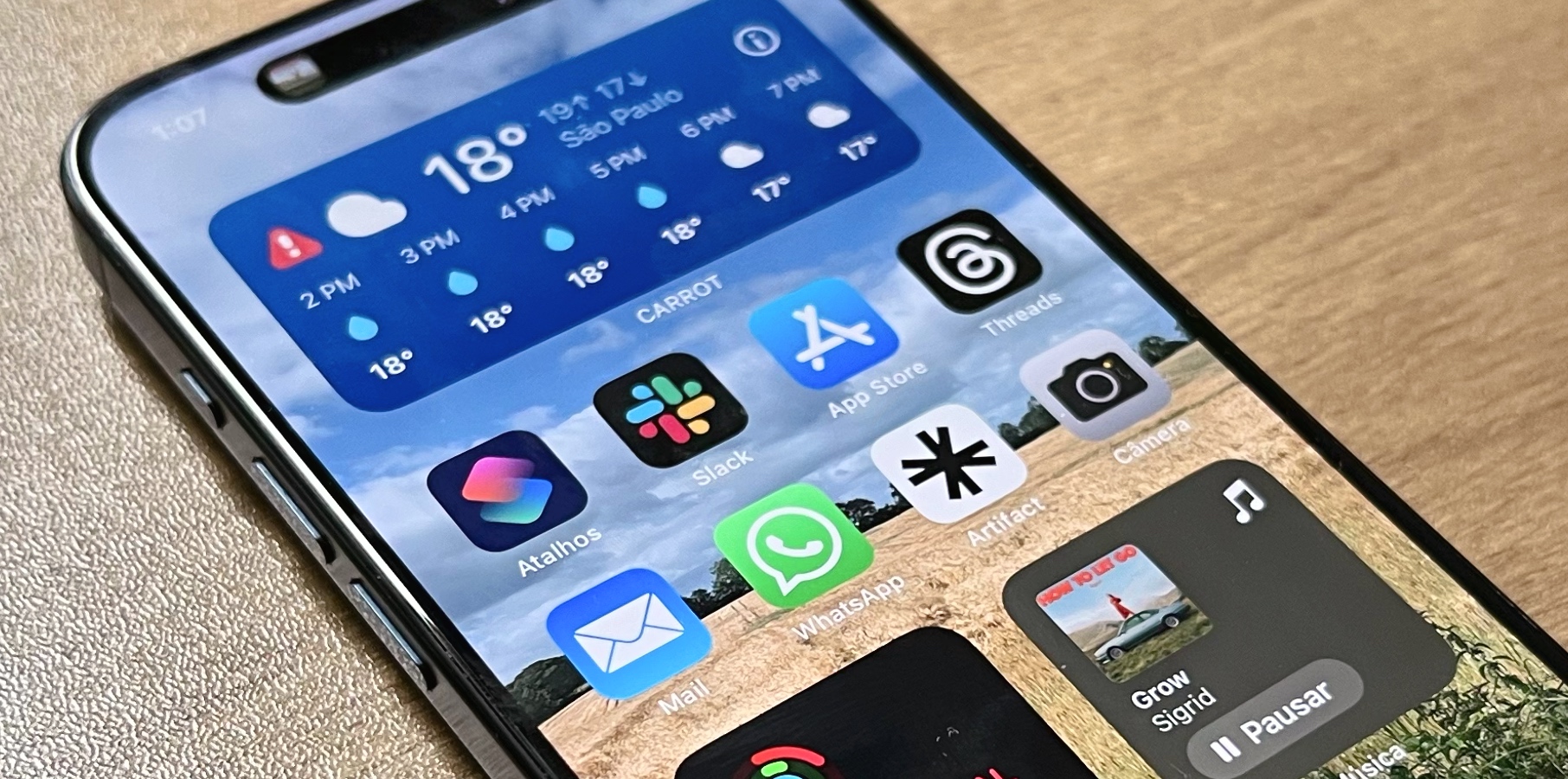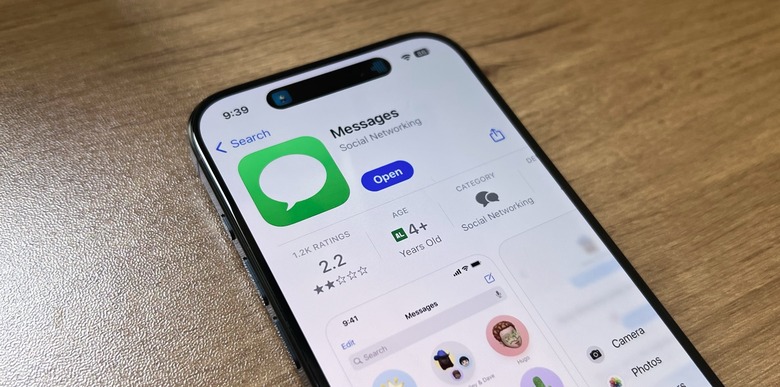Apple iMessage Won't Be forced To Open Up by EU legislation
The European Commission decided it won't regulate Apple's iMessage platform, Microsoft's Bing, nor Edge's web browser once the Digital Market Acts officially starts in early March in the region. The information comes from Bloomberg.
The probe discovered that Apple's iMessage and some other platforms do not hold a dominant position to be brought under DMA rules. Still, it doesn't mean Apple won't have to comply with this new legislation, as iOS 17.4 will pretty much open up the iPhone for third-party developers once it's available in early March.

European Union users and developers will have several changes, which include:
- Marketplaces – or alternative app stores: App developers in the EU can choose to offer their apps in alternative app stores as long as they meet Apple's criteria for customer experience, support, and fraud prevention, among other changes.
- Notarization for iOS apps: A baseline review that applies to all apps, regardless of their distribution channel, focused on platform integrity and protecting users. Notarization involves a combination of automated checks and human review.
- Default browser options: EU users can choose a new default browser from a list of the most downloaded browsers on iOS devices just after they update to iOS 17.4.
- NFC third-party access: Banks and third-party payment services can be offered for European iPhones.
- More access: Developers can ask for additional hardware and software features for Apple.
Apple and Microsoft praised the European Commission's decision not to call iMessage, Bing, and Edge "core platform services" after a five-month investigation. The main reason is that businesses are not widely using these platforms. Meta, on the other hand, will need to comply with interoperability rules for WhatsApp and Messenger. These platforms will need to offer some kind of Telegram support, for example.
BGR will keep following the Digital Market Acts law as it will be available in a few weeks from now. We'll also let you know the latest iOS 17.4 beta cycle changes as Apple needs to comply with the European Union legislation starting in March.
